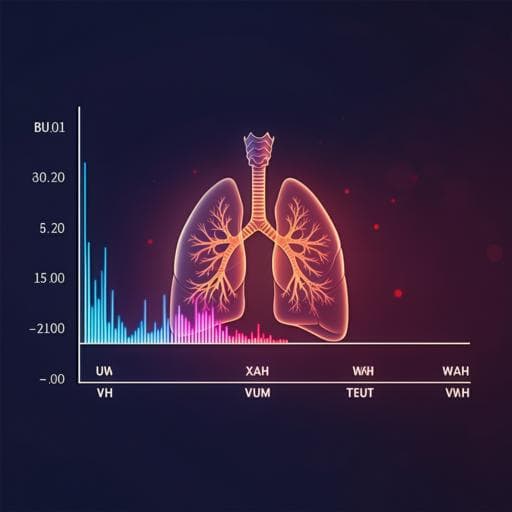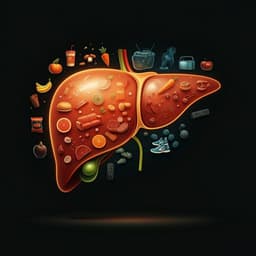
Medicine and Health
Impact of the severity of restrictive spirometric pattern on nutrition, physical activity, and quality of life: results from a nationally representative database
S. J. Chung, H. I. Kim, et al.
This study explores how severe restrictive spirometric pattern (RSP) affects nutrition, physical activity, and quality of life, revealing alarming disparities among different RSP severity groups. It emphasizes the need for tailored clinical management approaches. Conducted by Sung Jun Chung and colleagues, this research highlights critical health issues related to RSP severity.
Related Publications
Explore these studies to deepen your understanding of the subject.







